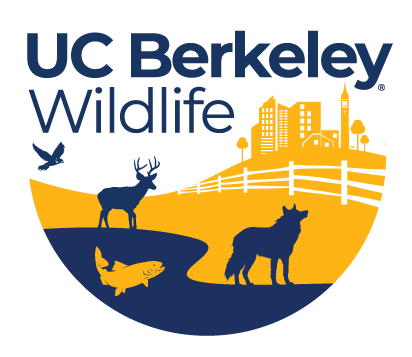MONTH DAY SPEAKER
Jan 19 Fengyi "Freda"Guo *
Feb 9 James Prosek *
Feb 23 Axel Hunnicutt CDFW Wolf Coordinator, "The return of an apex predator: California’s conservation of gray wolves"
Mar 8 Intro to The Eric and Wendy Schmidt Center for Data Science & Environment (DSE), developing data-enabled solutions to our most pressing environmental challenges
Mar 22 Daniel Okamoto, Assistant Professor of Global Change Biology, "Coastal oceans under global change"
Apr 5 Emily Chen Finishing Talk, Population dynamics of Chinook salmon and implications for fisheries and water in the state
Apr 19 Mitch Serota Finishing Talk, "Pumas and penguins: how an unexpected interaction reshapes the ecology of coastal Patagonia"
May 3 Jessie Moravek Finishing Talk, "Freshwater restoration in California: Exploring how floodplain reconnection, habitat restoration, and species reintroduction influence freshwater resources at a landscape scale"
May 10 Avery Shawler Finishing Talk, "Ecological & social challenges of wolf-livestock conflict: wolf-elk interactions & local perspectives in the eastern Greater Yellowstone Ecosystem"
* Please note, most talks are from 12noon-1pm, but 1/19 is from 1-2pm and 2/9 is from 10-11am. We will update the events page with talk details the week of each talk.

